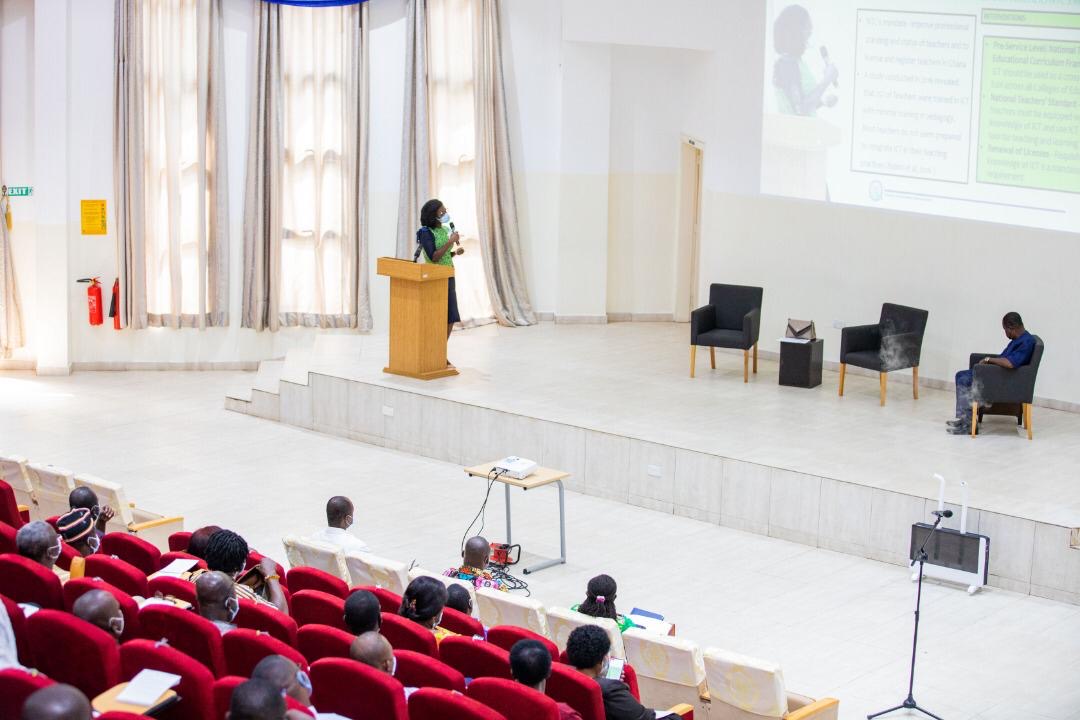NaSIA Calls Private Schools to Register for STEM Training Program

Enhancing Science Education Through Training and Collaboration
The National Schools Inspectorate Authority (NaSIA) has taken a significant step towards improving the quality of pre-tertiary education in Ghana. As part of its ongoing efforts, NaSIA has called on private school teachers to register for an upcoming STEM training program. This initiative aims to enhance the teaching and learning of science through practical and innovative methods.
According to a statement released by NaSIA, the training is designed to equip educators with effective strategies to improve science education delivery. The program focuses on using practical tools known as Science Sets, which are intended to make science more engaging and accessible for students. Mr. Felix Amegah, Deputy Inspector-General of Schools (Operations), emphasized that participation in the program would help schools adopt better approaches to teaching science.
Private schools across the country are encouraged to take advantage of this opportunity. The registration deadline for the training is set for Sunday, August 24, 2025. Teachers interested in joining the program can complete the registration process on a dedicated website: https://bit.ly/NaSIA_Science_Set_Training.
This initiative aligns with broader government efforts to invest in and revolutionize Science, Technology, Engineering, and Mathematics (STEM) education in Ghana. Recently, Mr. Haruna Iddrisu, the Minister for Education, reaffirmed the government’s commitment to advancing STEM education during the launch of the Basic Science, Technology, Engineering, and Mathematics (BSTEM) project in Sunyani, Bono Region.
Mr. Iddrisu explained that the BSTEM project is aimed at fostering critical thinking and problem-solving skills among students. The project, led by the Ghana Education Service in collaboration with Itec Global, seeks to modernize science and mathematics instruction at the basic educational level. It involves equipping classrooms with advanced tools that promote active learning.
The BSTEM project was piloted in 2024 and provided 100 Junior High Schools with essential science and mathematics equipment. This support enabled teachers to implement hands-on, problem-solving, and experiential learning methods. The project is being implemented in three phases, with the first phase expected to last 18 months. After this period, an evaluation will be conducted to guide the next stages of implementation.
While the connection between the NaSIA STEM training program for private school teachers and the BSTEM project remains unclear, both initiatives share a common goal: to improve science education in Ghana. By focusing on practical and innovative teaching methods, these programs aim to create a stronger foundation for future generations of scientists, engineers, and technologists.
As the demand for skilled professionals in STEM fields continues to grow, it is crucial for educational institutions to adapt and evolve. The collaborative efforts between NaSIA, the Ministry of Education, and other stakeholders represent a positive step toward achieving this goal. With continued investment and support, Ghana can position itself as a leader in science and technology education in the region.

Comments
Post a Comment